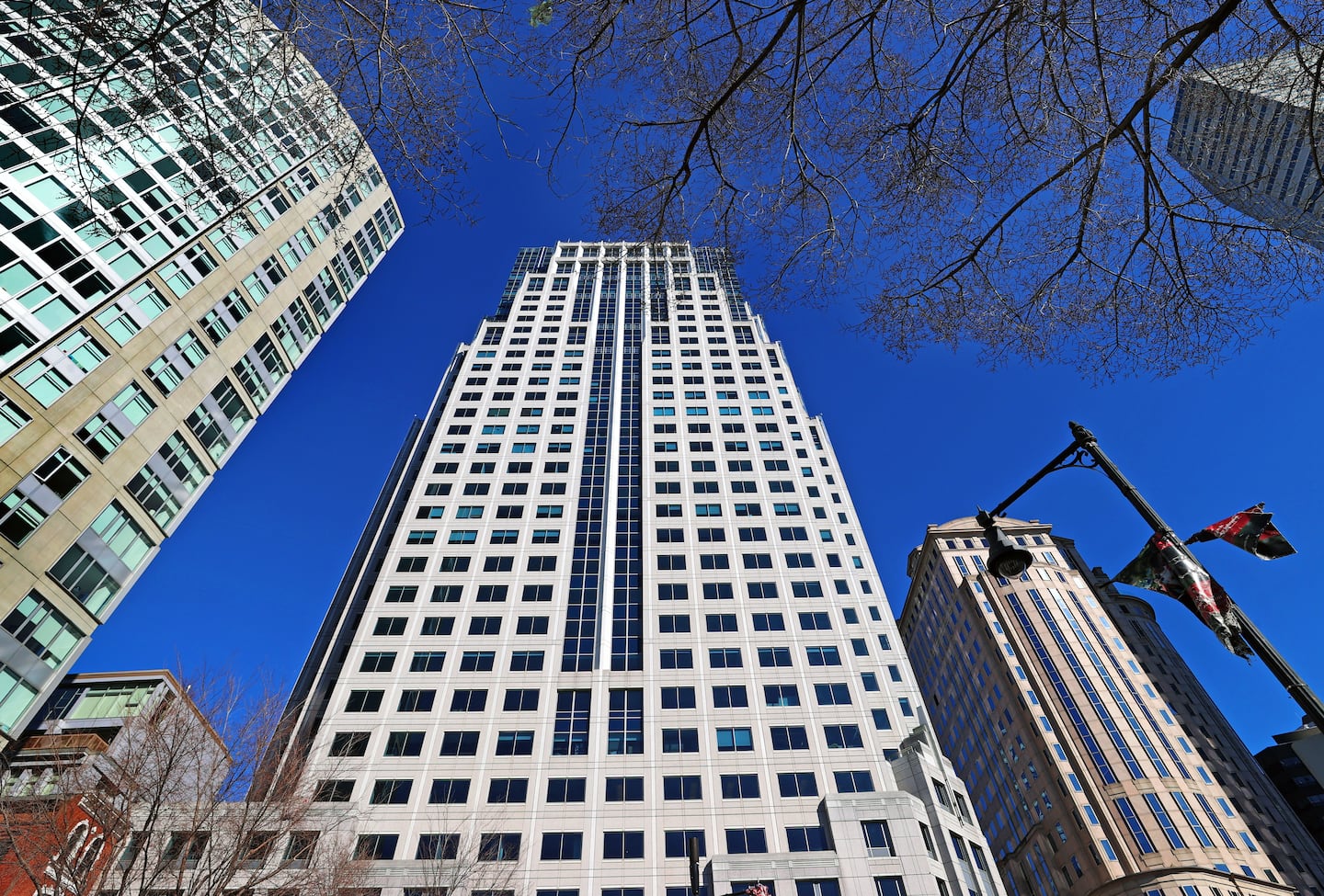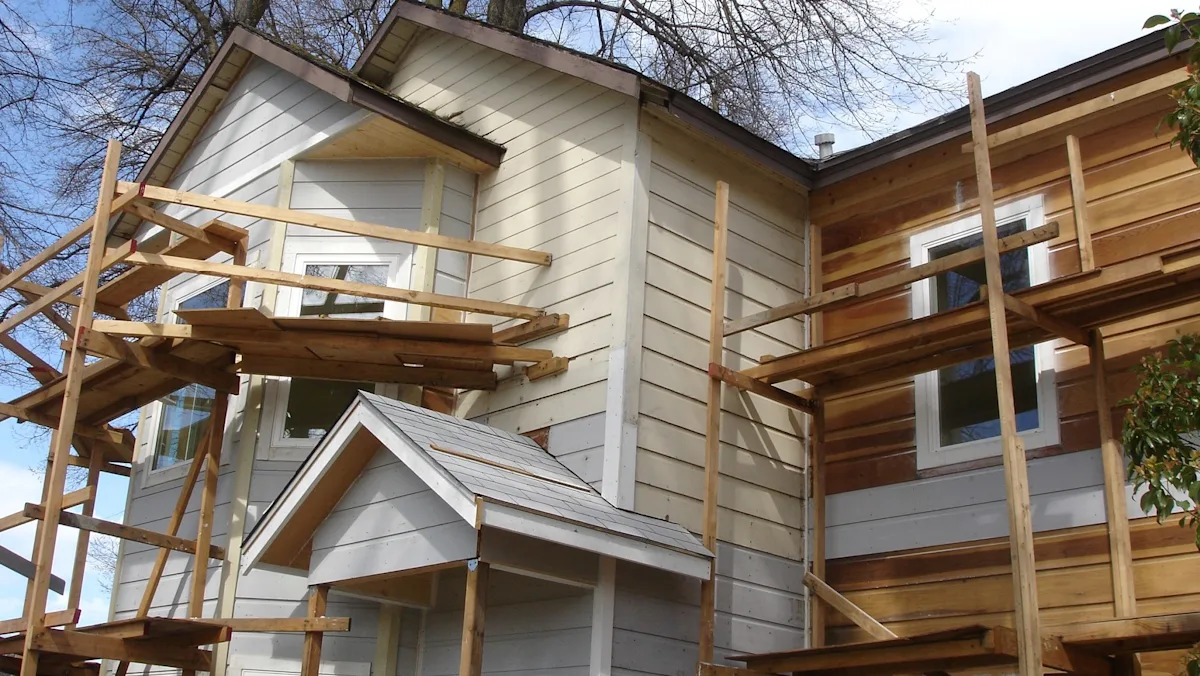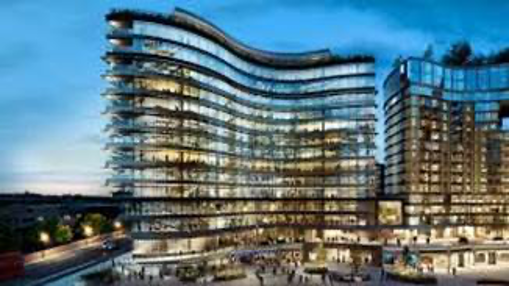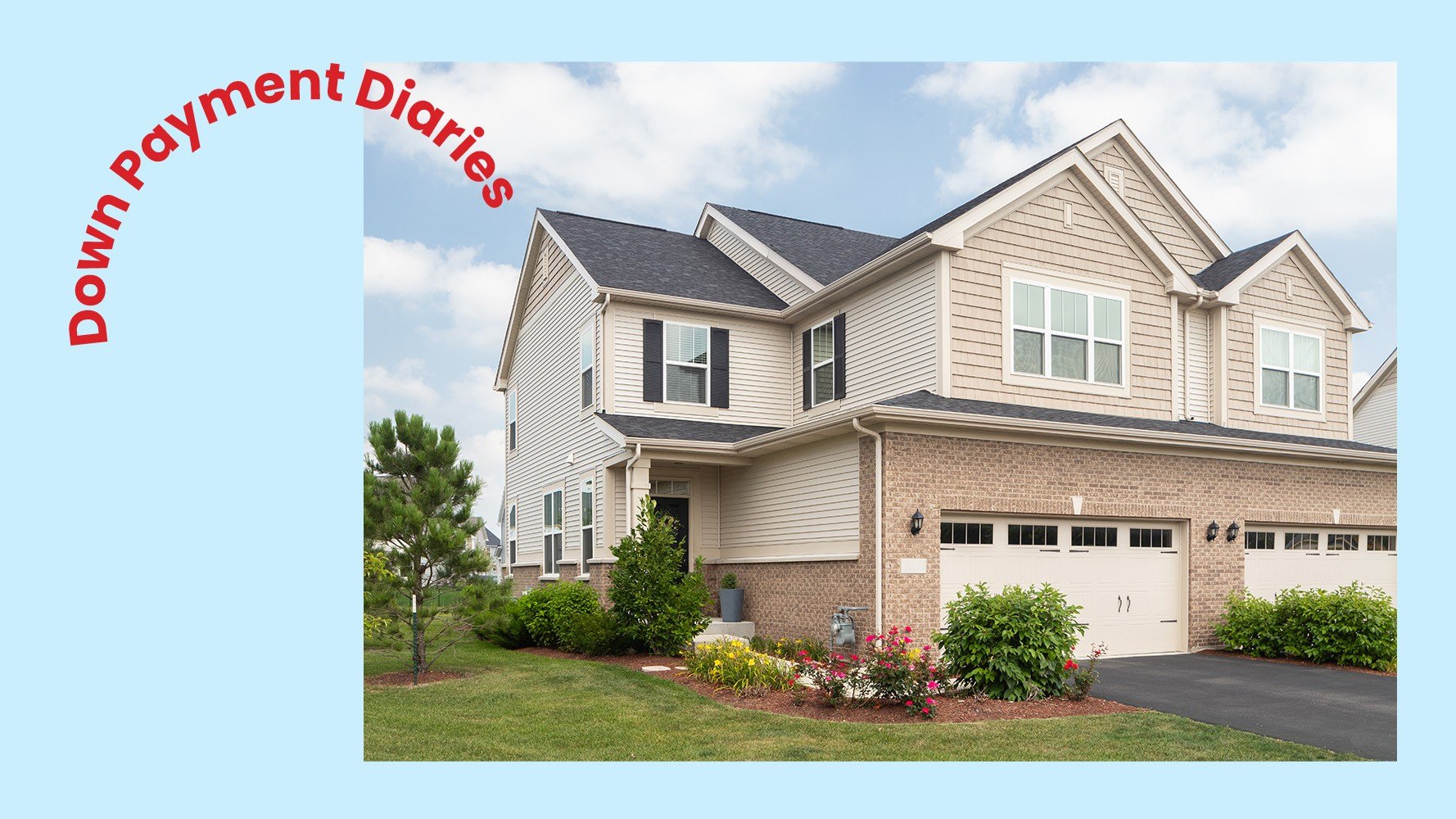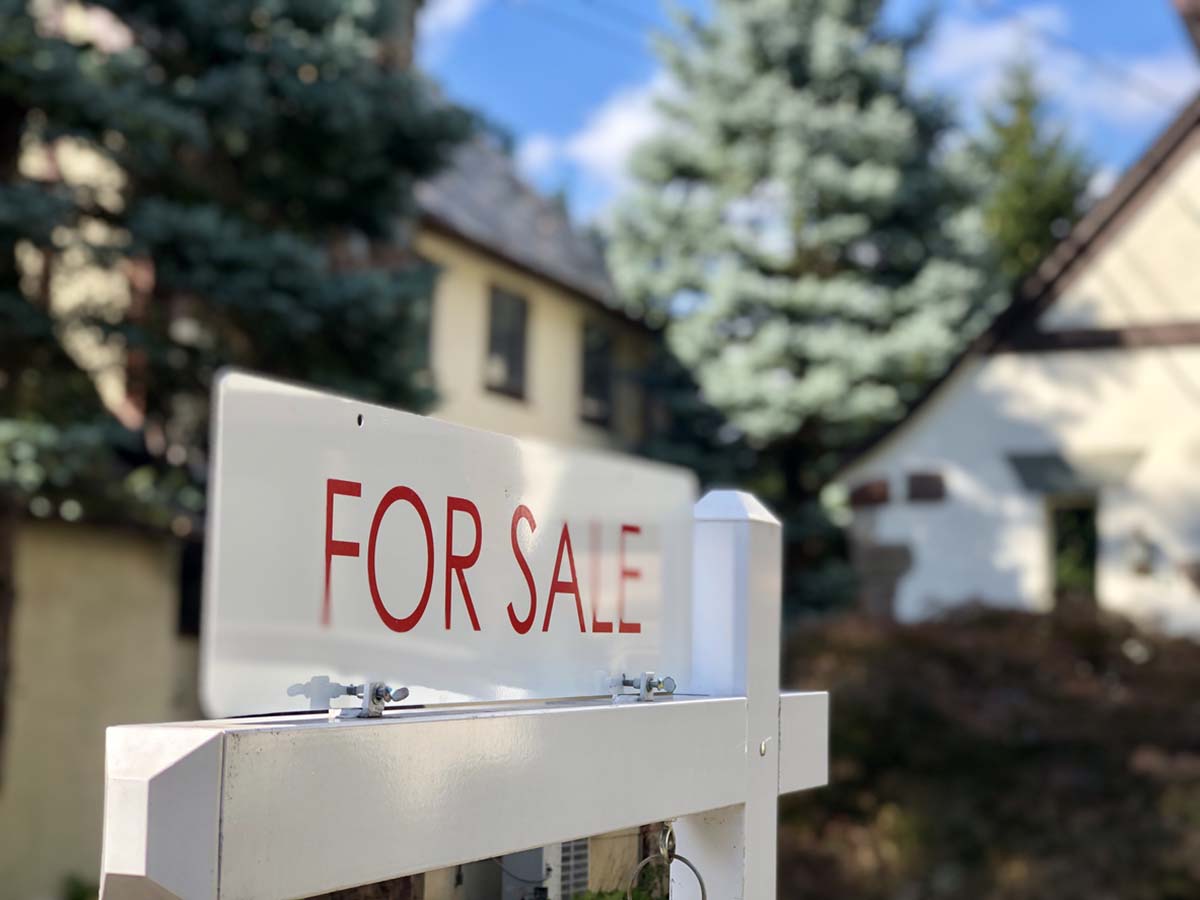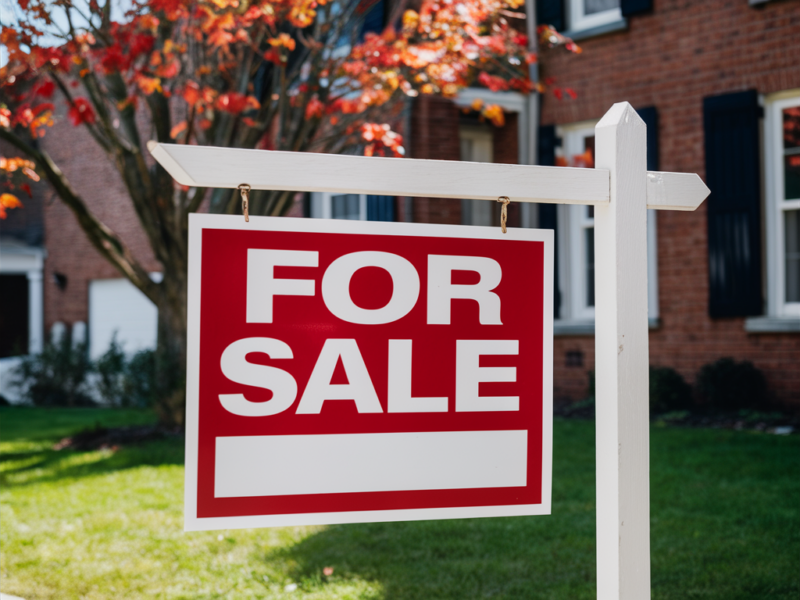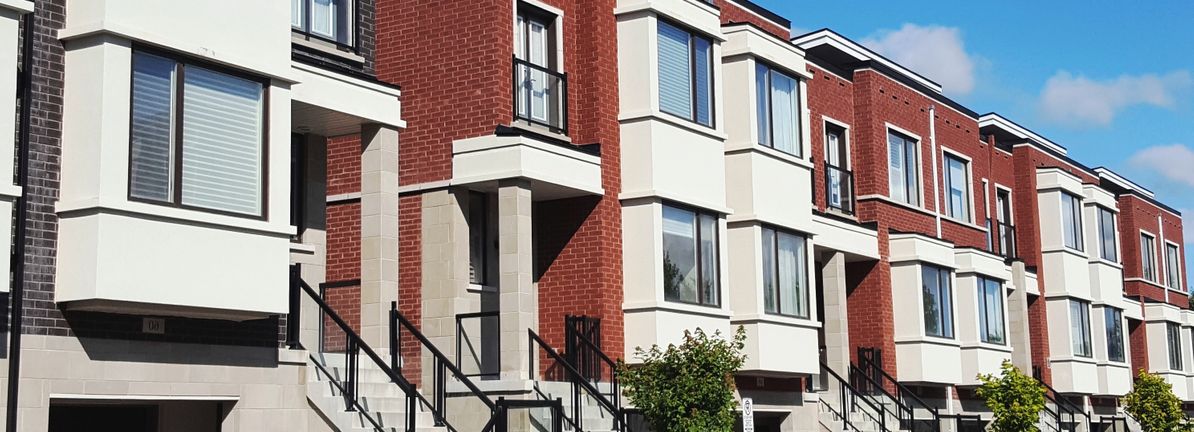B
oston's commercial real estate market is facing a reckoning, with many office towers struggling to pay down debt and attract tenants. The 503-foot One Lincoln Street tower will be sold at auction next week due to unpaid loans from one of its lenders. Despite HarbourVest's arrival, the building remains half-empty, and Fortis has struggled to make payments on its substantial debt.
The pandemic led to a sharp decline in office demand, with vacancy rates rising to 21.1 percent, according to Newmark. Interest rates also skyrocketed, making it more expensive for developers to borrow money and refinance existing debt. While large real estate firms have been able to hold off selling due to their deep pockets, many smaller owners are now facing a difficult decision.
"It's like the stock market – it's not a loss until you sell it," said Dion Sorrentino of CoStar Group. "They're going to hold it for as long as they can." However, with bills coming due and prices expected to decline by 40-60 percent from pre-COVID levels, many owners are now forced to sell.
The trend has significant implications for the city's tax base, with commercial property taxes accounting for 71.1 percent of Boston's $4.6 billion budget. A price reset could also lower rents and make space more affordable for tenants. Norges Bank, a Norwegian sovereign wealth fund, is taking advantage of the opportunity to invest in downtown properties at discounted prices.
The city's largest taxpayers are commercial landlords, with One Lincoln Street owing over $15 million in net tax this fiscal year. Mayor Michelle Wu has sought to hike commercial tax rates to keep revenue flowing, but her efforts have stalled. A 40-60 percent decline in property values could represent a significant hit to city finances.
Not all buildings are selling for a loss, however, with some newer and higher-end properties maintaining strong demand from tenants willing to pay top-tier rents. Private investors, including family offices and sovereign wealth funds, are seeing opportunities to acquire undervalued properties and try alternative uses such as hotels or life-science labs.
